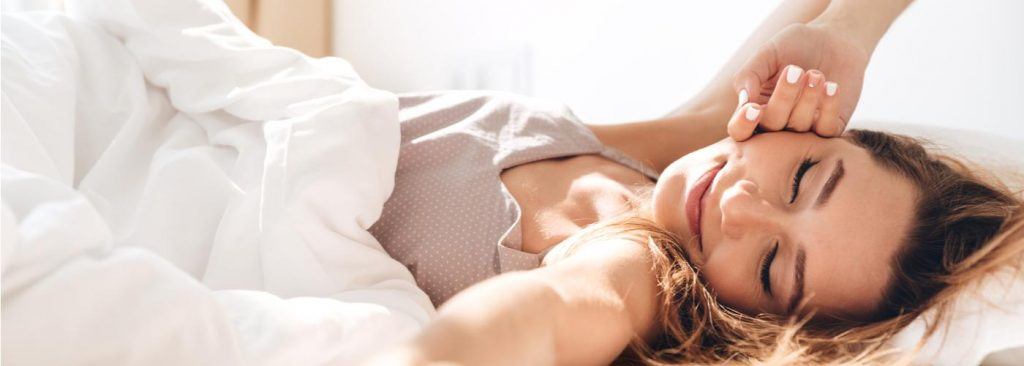How many times have we been told that we need eight hours of sleep to function properly? As it turns out, it’s not just a saying. Your body needs that amount of rest in order prevent impaired coordination and memory. And while missing out on your snoozing hours might not seem like a big deal in the short term, over time, sleep loss is linked to a multitude of other health problems. [1]
How Long Do You Need to Sleep?
The CDC reports [2] that one in three American adults don’t get enough sleep. But how much sleep is enough? What about seniors, teenagers, or toddlers? Here’s a complete set of recommendations, according to an article from HelpGuide. [3]
- Newborns, 0-3 months: 14-17 hours
- Infants, 4-11 months: 12-15 hours
- Toddlers, 1-2 years: 11-14 hours
- Preschool children, 3-5 years: 10-13 hours
- School-age children, 6-13 years: 9-11 hours
- Teenagers, 14-17 years: 8-10 hours
- Young adults, 18-25 years: 7-9 hours
- Adults, 26-64 years: 7-9 hours
- Older adults, 65+ years: 7-8 hours
What Happens When You Don’t Get Enough Sleep
Sleep loss impacts your brain and degrades your ability to process information while also preventing it from clearing toxins accumulated during the day. A continued pattern of sleep disturbance can lead to the development of more severe and chronic problems like high blood pressure, obesity, heart disease, stroke, and diabetes.
The Solution? Establish Good Sleep Habits
Sleeping longer and better can be achieved through good sleeping habits. The production of melatonin, a hormone that promotes sleep, reduces with age. The drop off causes you to wake up more often, but good bedtime habits will help you overcome this. Make sure you try the following:
- Go to bed and wake up the same time to establish a good rhythm and schedule. It might be difficult at first, but your body will thank you for it in the long run.
- Turn off bright lights and avoid computer screens an hour before you plan to go to sleep. Light exposure makes your body think it’s still not time to sleep, or that it’s time to wake up. Consider that humans have had artificial light only for a short time. Before that, our sleep patterns were primarily determined by natural light, i.e., the sun.
- Go to bed when you feel like sleeping. If you cannot fall asleep, get out of bed, and do something else. Otherwise, you might reach for your phone or watch TV, thus confusing your body about what your bed is intended for while setting yourself up for sleepless nights.
- Use a sleeping app. This might seem like it goes against the no phones in bed rule, but a sleeping app can help you by tracking sleep cycles, playing relaxing sounds or music, or a guided meditation to relax you. Besides, you don’t have to hold the phone in your hands.
- Use natural sleep aids. Foods like kiwi or drinks like chamomile tea and tart cherry juice are packed with nutrients and melatonin which promote good sleep. A little trial and error may be necessary, but you can quickly find something that will help you dose off.
[1]https://www.webmd.com/sleep-disorders/features/10-results-sleep-loss
[2]https://www.cdc.gov/media/releases/2016/p0215-enough-sleep.html
[3]https://www.helpguide.org/articles/sleep/sleep-needs-get-the-sleep-you-need.html



